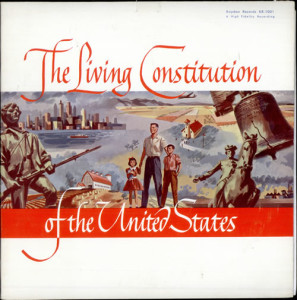Dr. Wallace Sarver was hired by Primary Health Physicians, P.A. to serve as a doctor at its clinic in Frisco. The parties’ written employment agreement included a covenant not to compete, which prohibited Dr. Sarver from practicing medicine within ten miles of the clinic for a period of two years after his termination of employment. Sarver resigned from the clinic, and shortly thereafter assumed the practice of another physician in Allen — less than 10 miles away from PHP’s clinic. Dr. Allen sued filed suit for a declaratory judgment on the non-compete. PHP’s counterclaims included a request for a temporary injunction, which the district court denied.
On interlocutory appeal, the court of appeals affirmed the trial court’s ruling. The court rejected PHP’s argument that the Covenants Not to Compete Act preempted any requirement to show irreparable harm in order to enjoin Dr. Sarver from violating his non-compete agreement. In making that ruling, the court dismissed contrary statements in three previous opinions as dicta: McNeilus Cos. Inc. v. Sams, 971 S.W.2d 507 (Tex. App.-Dallas 1997, no pet.); Hilb, Rogal & Hamilton Co. of Tex. v. Wurzman, 861 S.W.2d 30 (Tex. App.-Dallas 1993, no writ); Recon Exploration, Inc. v. Hodges, 798 S.W.2d 848 (Tex. App.-Dallas 1990, no writ).
The court of appeals also rejected PHP’s claim that the trial court had abused its discretion by failing to find irreparable harm. Although PHP had established that Dr. Sarver had been popular with patients and that patients had continued to ask for him, there was little evidence that any of those patients had left PHP’s clinic and gone to Dr. Sarver’s new practice. The court of appeals also relied on evidence that the two clinics practiced different types of medicine, with PHP’s facility focused on “episodic” illnesses and injuries, while Dr. Sarver’s new practice was devoted to a more traditional family practice. Two of PHP’s witnesses also confirmed that the patient volume and profitability of its clinic were about the same as they had been before Dr. Sarver left. That evidence supported the trial court’s finding of no irreparable harm, and the temporary injunction was therefore affirmed.
Primary Health Physicians, P.A. v. Sarver, No. 05-12-00351-CV
 Zurich Am. Ins. Co. v. MB2 Dental Solutions, LLC declined to take a permissive appeal, stating:
Zurich Am. Ins. Co. v. MB2 Dental Solutions, LLC declined to take a permissive appeal, stating:











